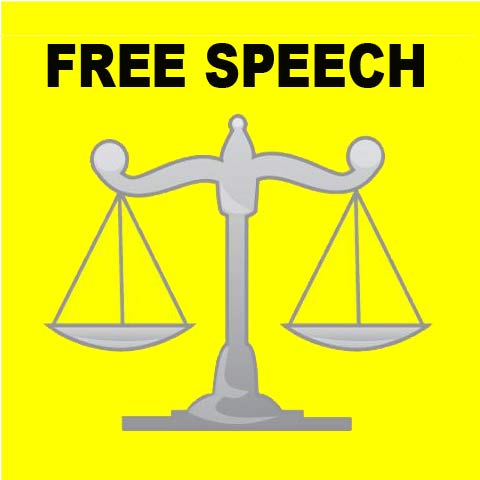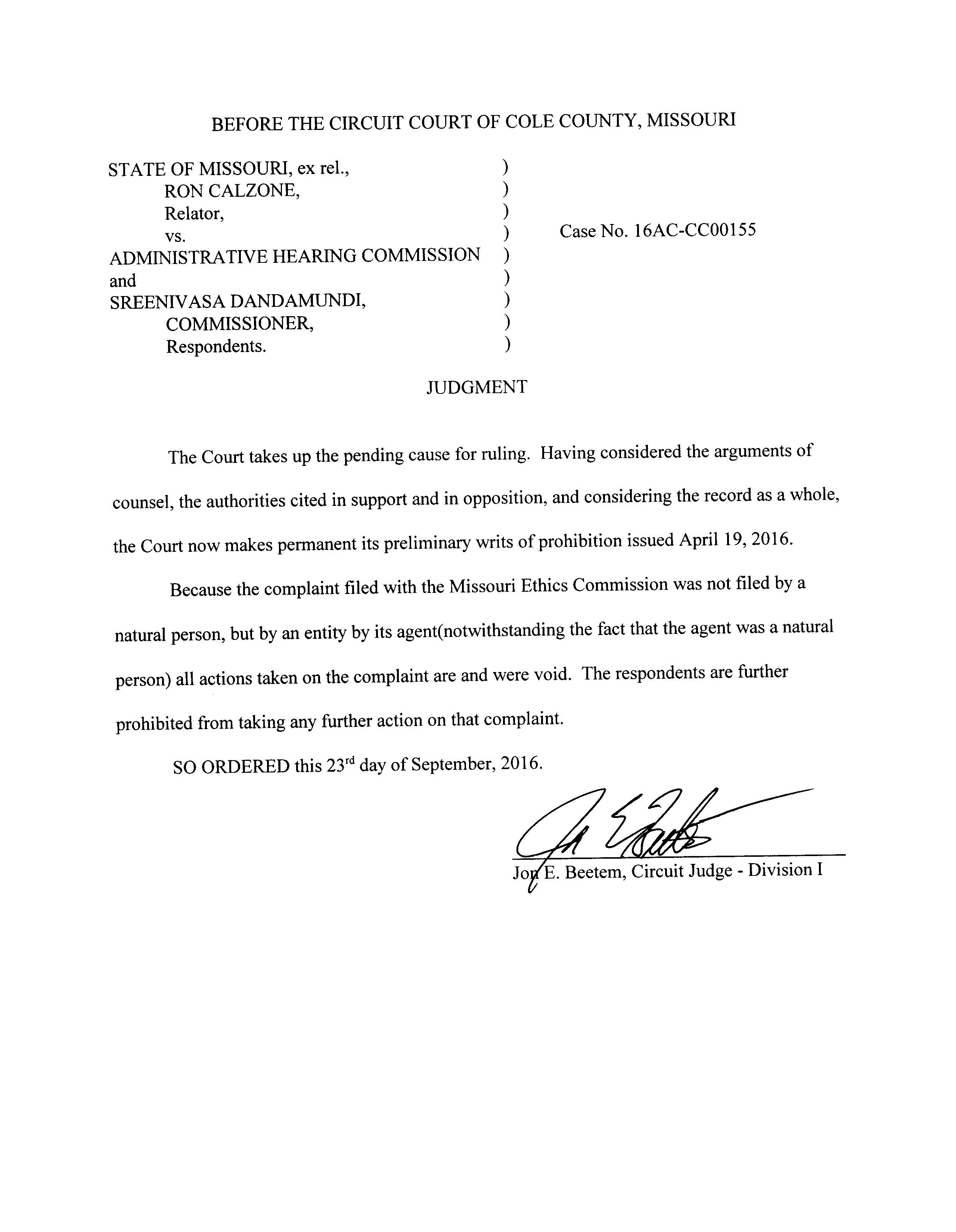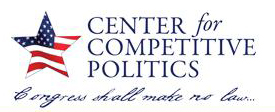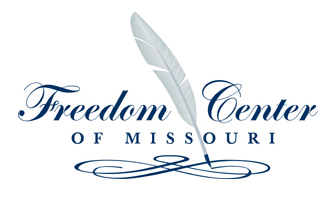 |
|
Dedicated to the
|
|
||||||
|---|---|---|---|---|---|---|---|---|---|
|
Judge's Ruling Against Missouri Ethics Commission
Is Victory For Grass-roots Activists! Citizens are more involved than ever in Missouri's legislative process. |
|
September 27, 2016, Jefferson City, MO, – Nearly two years after a complaint was illegally filed against one of Missouri First's directors, Ron Calzone, a Cole County circuit judge has ruled that the Missouri Ethics Commission acted outside its legal authority when it accepted and pursued the complaint filed by the Missouri Society of Governmental Consultants. It is not clear, yet, whether the Ethics Commission will appeal. The complaint alleged that Calzone was required by law to register and fill out reports the same way professional lobbyists do, even though he has never been compensated for his efforts as a citizen activist. The Parties Involved The Missouri Society of Governmental Consultants (MSGC) is a guild or association of professional lobbyists who are hired to promote the agenda of special interests. Over many years quite a few citizen activists, like Calzone, have been very successful in defeating legislation that would subvert constitutional governance, undermine free-market principles, and profit some of those lobbyists and their principals, even though the activists receive no compensation and spend no money on law-makers. Often times activists beat the high-paid, well-funded professional lobbyists at their own game. Of course, that doesn't make their clients very happy. The Missouri Ethics Commission is a group of people appointed by the governor to enforce the laws pertaining to campaign committees and various types of lobbying, among other things. They have staff attorneys who decide what complaints to investigate and then, in administrative hearings closed to the public, try to convince their bosses who should be punished. The Ethics Commission issues "consent orders" which are not authoritative in the same way an order from a real court is. If the accused refuses to "consent" to the order, the Ethics Commission must pursue legal action in a real court to enforce their order. Since most of the people and entities under the Commission's regulatory scheme are funded by campaign donations or special interest principals (it's not really their money at stake), they often acquiesce to consent orders without a fight, even if they don't believe the Commission acted justly. Unethical Behavior of the Ethics Commission At every turn in the case against Calzone, the complainant and/or Ethics Commission violated the law and rules pertaining to legal proceedings. In the end, a real judge in a real court of law, following the proper rules of civil procedure, ruled that the Ethics Commission was operating outside the law. Central to the case is a simple Missouri statute, § 105.957(2), RSMo: "Complaints filed with the commission shall be in writing and filed only by a natural person." The Complaint filed against Calzone included a cover letter from the attorney the MSGC secured to file their complaint. It included this statement that made it clear from the start that the entity filing the complaint was NOT a "natural person": Enclosed herewith for filing and action by MEC is the complaint, along with supporting Exhibits A-E, against Ron Calzone for violating the requirements imposed on lobbyists by Missouri law that I am submitting on behalf of our client, Missouri Society of Governmental Consultants. The MSGC is headed by Sam Licklider, president, and Randy Scherr, secretary, and is organized as a nonpartisan, not for profit entity which supports education, regulation and compliance training for professionals engaged in the profession of serving clients as governmental consultants. Any public or media communications should be directed to MSGC, while any communications or questions from MEC should be directed to the undersigned. (Excerpt from complaint cover letter of Michael Dallmeyer, attorney for MSGC.)Additionally, Randy Scherr, the secretary for MSGC, testified under oath before the Ethics Commission that the MSGC was approached by some legislators about filing a complaint and his board of directors voted unanimously to do so. Armed with the knowledge that the complaint was being filed by the Missouri Society of Governmental Consultants and not a "natural person", the Ethics Commission should have immediately dismissed the case. By failing to do so, they broke the very law they are empowered to enforce. That wasn't the first time the Ethics Commission broke the law in this case. Section 105.957(2), RSMo also says, "Within five days after receipt of a complaint by the commission, a copy of the complaint, including the name of the complainant, shall be delivered to the alleged violator." Although most of the complaint was, in fact, provided to "the alleged violator" within five days, the cover letter that revealed the true complainant was not included. It was only after Calzone pressed the issue, 2 1/2 months later, that the Ethics Commission revealed the name of the complainant. Although those examples are the most egregious of the Ethics Commission's violations, there was much more unethical behavior, including mischaracterizations and misquotations in legal briefs throughout the process. Reform of the Ethics Commission Ethics reform has been a hot topic at the Missouri Capitol, but much of the efforts have been misplaced. One area not even considered is the need for ethics reform of the Ethics Commission. In 2010 the Commission sought expanded powers in SB 844. That bill would have allowed them to conduct investigations on their own without having received a complaint. It also expanded fines for being late filing reports from $10 per day to $50 per day. SB 844, however, was full of constitutional problems and the Missouri Supreme Court struck it down in 2012. Since SB 844 was passed using unconstitutional procedures, the Court declared that it never had the force of law. Nonetheless, the Ethics Commission collected fines at the $50 rate before the ruling and never returned the illegally collected $40 difference once the new rate was found to be unconstitutional. The First Amendment Question Because the complaint against Calzone was illegally submitted and processed, the constitutional question in this case was never answered. The Ethics Commission still maintains that Calzone must register as a "legislative lobbyist", even though he doesn't receive any compensation. Calzone and his attorneys contend that the Commission is misapplying the law and that their application of the law would violate the First Amendment of the U.S. Constitution and Article I, Section 8 of the Missouri Constitution. The lack of judicial consideration of this core question may leave Calzone and scores of other citizen activists in limbo. The Role of Public Interest Law Firms Had Ron Calzone had to represent himself or hire lawyers to protect his interests, the cost would have been astronomical. Fortunately, there are public interest law firms whose mission it is to litigate questions like this that have the potential to affect a lot of people. Calzone was represented pro bono by Allen Dickerson and Zac Morgan of the First Amendment law firm, Center for Competitive Politics (CCP). of Alexandria, VA, with the able help of Dave Roland of the Freedom Center of Missouri. Here's CCP's web page for the case: https://www.campaignfreedom.org/litigation/current-litigation/calzone-v-missouri-ethics-commission/ (All the case documents are available there.) ### |
Public Interest Law Firms Protecting Missourians' Right To Free Speech Center For Competitive Politics Donations to these organizations, which fight for liberty every day, is a much better investment than donating to politicians! What is Mercantilism? “Mercantilism, which reached its height in the Europe of the seventeenth and eighteenth centuries, was a system of statism which employed economic fallacy to build up a structure of imperial state power, as well as special subsidy and monopolistic privilege to individuals or groups favored by the state.”
Case Timeline and Files: 01/21/2015: Ethics Commission calls Calzone to talk about the complaint. 01/22/2015: Ethics Commission reveals identity of complainant 08/31/2015: Calzone's lawyers file motion to dismiss, explaining errors of the Ethics Commission and the constitutional problems with their position. Motion to Dismiss Link 09/03/2015: Hearing held. Ethics Commission finds probable cause that Calzone must register as a legislative lobbyist and pay $1000 penalty. Consent Order Link 09/25/2015: Appeal filed with Administrative Hearing Commission. Automatic stay on the order against Calzone invoked. Appeal Petition Link 10/28/2015: Ethics Commission files answer to appeal pleadings. Link to Answer 12/18/2015: Motion for Judgment on the Pleadings filed. Link to Motion 03/14/2016: Ethics Commission tries to subpoena Calzone's email and phone records. 04/14/2016: Calzone files action in Cole County civil court, claiming the Ethics Commission is acting illegally and asking the court to quash their action. -- Link to Supporting Arguments 09/23/2016: Cole County Judge issues ruling declaring Ethics Commission's actions illegal. Link to Ruling Article I, Section 8 Mo. Constitution: First Amendment U.S. Constitution: First Amendment U.S. Constitution. Congress shall make no law respecting an establishment of religion, or prohibiting the free exercise thereof; or abridging the freedom of speech, or of the press; or the right of the people peaceably to assemble, and to petition the Government for a redress of grievances.
|
If you are #First_Name# #Last_Name#, and wish to be removed from this distribution list |
4679




